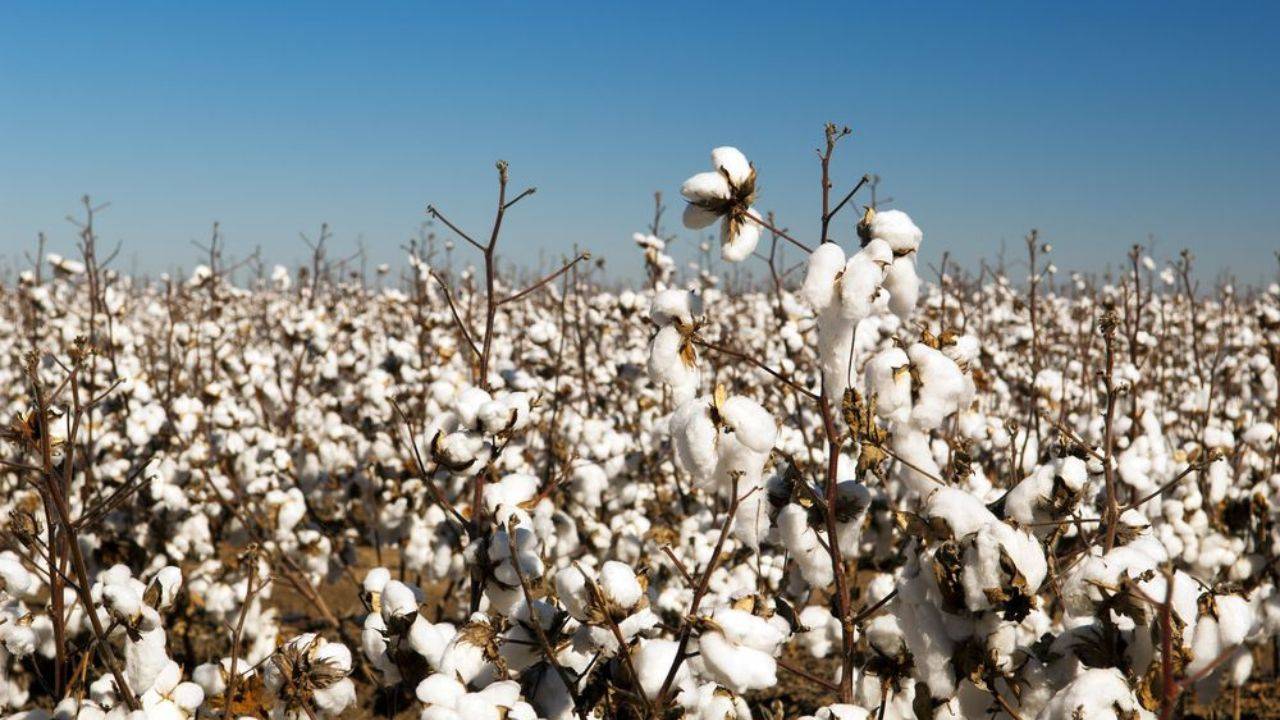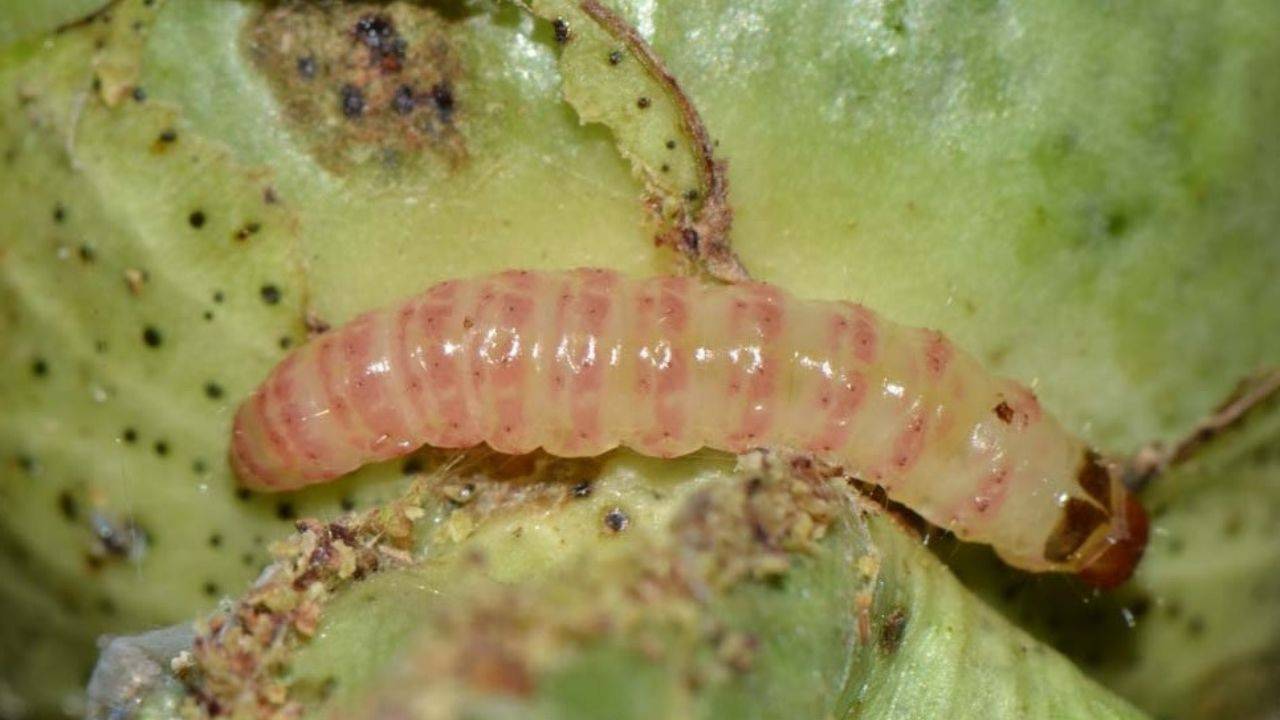
Cotton farming a cornerstone of India's agriculture, is primarily concentrated in states like Gujarat, Maharashtra, Andhra Pradesh, and Telangana, and has traditionally been lucrative. Cotton also constitutes a substantial portion of India's textile industry, making its dwindling production a matter of national concern.
However, it is now facing a daunting challenge – a significant decline in production. There are multifaceted challenges faced by cotton farming in the country today, and India being one of the world's three top producers of cotton, it becomes necessary to explore the reasons behind this concerning trend and advocate for organic farming as a sustainable solution.
Challenges in Cotton Farming in India
One of the major challenges plaguing cotton farming is the prohibitively high cost of production. Expenses related to inputs such as pesticides, chemical fertilizers, and genetically modified seeds have burdened farmers and significantly diminished their profits. These costs are exacerbated by the need for continuous monitoring and control of pests which has developed resistance to many chemical pesticides.
Adding to the woes of cotton farmers is the issue of low yields. Despite their investments in expensive inputs, many farmers are not realizing the expected crop yields. This is due to various factors, including soil degradation caused by years of chemical-intensive farming, lack of access to quality seeds, and climate-related challenges such as erratic rainfall patterns. Low yields not only result in financial losses for farmers but also perpetuate the cycle of poverty and indebtedness.

Apart from high costs and low yields, cotton crops continue to suffer from the relentless pink bollworm infestation. Despite promising new "mating disruption" technologies, the severity of this issue persists. Addressing the pink bollworm infestation is vital for the overall health of the cotton industry.
Benefits of Organic Cotton Farming
Organic farming emerges as a sustainable and effective solution to the challenges faced by India's cotton farmers. By adopting organic practices farmers can avail the following benefits:
-
Reduce their reliance on costly chemical inputs, thereby lowering production expenses
-
Promote soil health
-
Reduce water consumption, aligning with the increasing demand for eco-friendly textiles.
Organic cotton farming is not only beneficial for cotton but also for the overall health of the soil and farms. Through techniques like crop rotation, organic manure, and beneficial insects, it fosters a balanced ecosystem within cotton fields.
By avoiding chemical inputs, organic cotton farming not only reduces costs but also produces cotton free from harmful residues, meeting the growing demand for eco-friendly textiles.
Moreover, it's essential to recognize that organic farming doesn't just benefit the environment; it's economically advantageous too. While the initial transition may require effort and investment, organic farming brings in more revenue than chemical farming in the long run. The healthier soil and reduced reliance on costly inputs lead to increased yields and improved crop quality, ultimately resulting in higher profits for farmers.
In conclusion, the declining cotton production in India presents a significant challenge to the agricultural and textile sectors. To address this issue, sustainable solutions are imperative.
By advocating for and adopting organic cotton farming, one can revitalize India's cotton production, improve farmers' livelihoods, and contribute to a cleaner and greener environment. It's time to recognize the potential of organic cotton farming as the way forward to ensure a thriving cotton industry in India, one that not only benefits cotton but also elevates the health of our farms and the financial well-being of the farmers.
SOUL Society has come forward to embrace organic farming. People looking forward to exploring organic farming can join online or offline one-day organic farming training in nearby locations.
Check out the website to know more
https://esoullyf.in/collections/training-education
Fill in your details in the given Google form and prepare yourself to unlock the secrets of organic farming
https://forms.gle/5FWCJDv82KPK9EYw8











